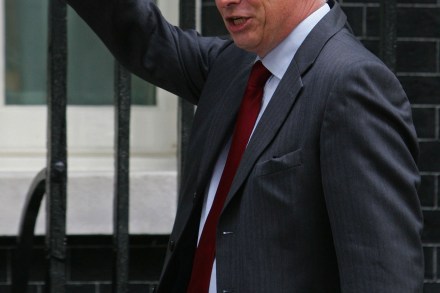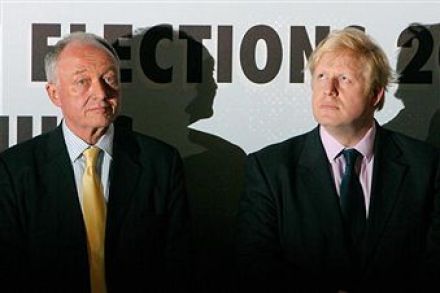Lib Dems to the right of their Tory colleagues?
I’ve re-read it several times now and I’m still not sure whether Francis Maude was joking or not when he told The Times that Danny Alexander ‘is obviously a bit to the right of me’. It is the kind of thing that the dry-witted Maude might say as a joke. But equally there’s no signal there that it is. But Mr Alexander occupies an odd place politically at the moment for a Liberal Democrat. He has become an ardent budget-balancer. Indeed, Nick Clegg has been heard to observe recently that his former chief of staff has had his brain captured by Treasury officials.




















